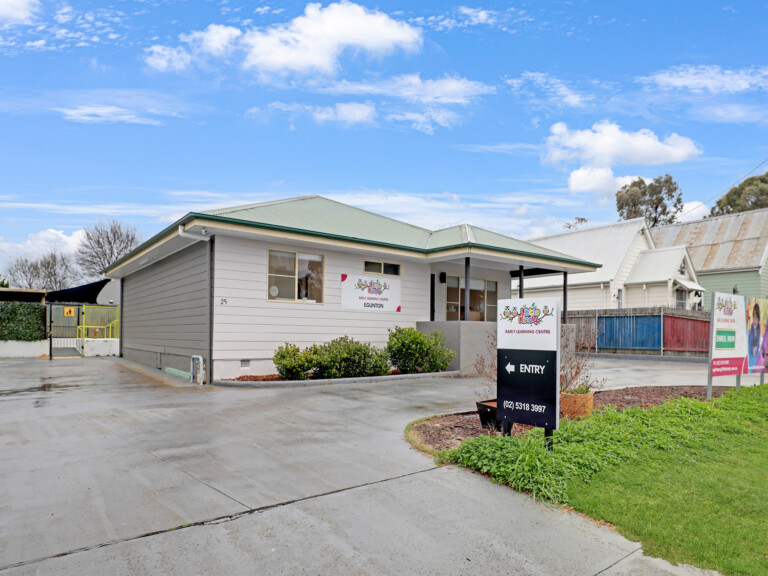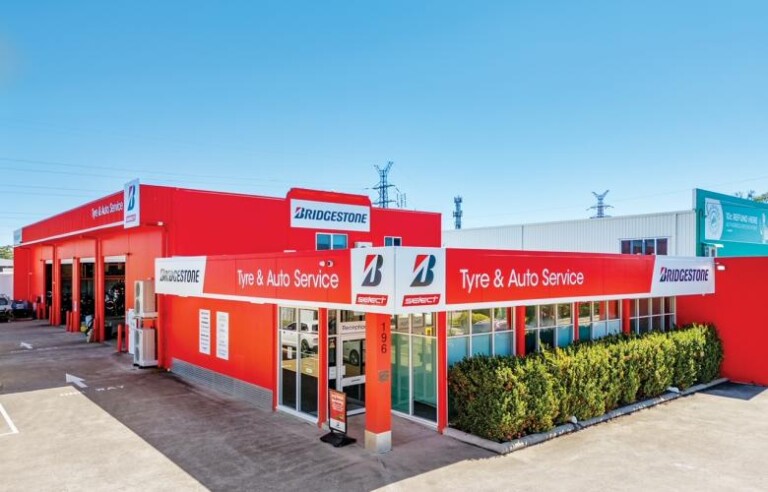Automotive assets: a high-octane investment choice for sustained growth and resilience – Burgess Rawson
16/04/2024

Australian automotive properties have long been coveted assets due to their strategic location and the resilience of the automotive industry. These properties encompass a wide range of facilities, including dealerships, service centres and distribution hubs, all contributing to the robustness of the sector.
While the cash rate increases impacted the property markets, Burgess Rawson data shows sharp yields are still being achieved for automotive assets. Burgess Rawson just sold a Bridgestone asset in Chuwar on a yield of 4.46 per cent. Elsewhere, the recent $2.65 million sale of JAX Tyres & Auto in Bathurst, NSW reflected a sound yield of 5.66 per cent. The investment highlights include a new seven-year lease to 2031 plus options to 2041 and fixed 3.5 per cent compounding annual increases ensuring guaranteed rental
Australia’s vast landmass necessitates an extensive network of roads and highways, making automotive properties crucial nodes in the distribution and servicing of vehicles nationwide. These properties often benefit from proximity to major urban centres, facilitating easy access for customers and streamlined logistics for suppliers.
Moreover, the automotive industry in Australia has demonstrated remarkable adaptability and resilience over the years, evolving in response to changing consumer preferences, technological advancements, and market dynamics. While the country’s automotive manufacturing sector has undergone significant transformation, with the closure of several domestic car manufacturing plants, other segments of the industry have thrived.
Supporting this trend, in Australia, the automotive market achieved a groundbreaking milestone in 2023, with a record-breaking 1,216,780 vehicles delivered. The December 2023 market of 98,544 new vehicle sales is a 12.1 per cent increase against December, 2022.
According to the Federal Chamber of Automotive Industries, SUVs and light commercials accounted for a staggering 78.4 per cent of sales and comprise all the top 10 vehicles sold in 2023. Toyota, commanded 17.7 per cent of the market, emerging as the top-selling brand, while the Ford Ranger claimed the title of the best-selling vehicle.
In recent years, there has been a growing emphasis on sustainability and environmental consciousness within the automotive industry, driving demand for properties that support eco-friendly practices. Australian automotive properties are incorporating sustainable design principles and energy-efficient features which are increasingly valued by investors and stakeholders alike. While fuel car sales remain the highest, facilities equipped for the production and servicing of electric vehicles, as well as infrastructure for alternative fuel sources such as hydrogen and biofuels are also driving change in design.
Furthermore, the digitisation of automotive services has transformed the way properties are utilised and managed. Dealerships and service centres are leveraging digital technologies to enhance customer experiences and streamlined operations. From online booking platforms to virtual vehicle configurators, technology is reshaping every aspect of the automotive property landscape, creating new opportunities for efficiency gains and revenue growth.
Commo



